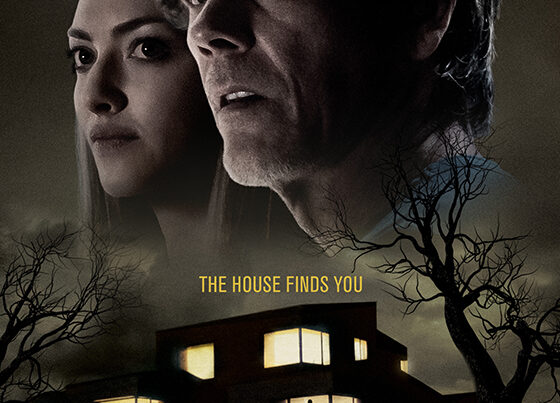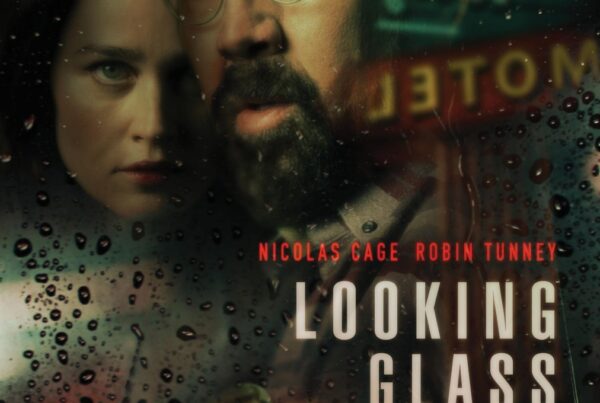Staunch Test FAIL.
A mentally troubled stand-up comedian embarks on a downward spiral that ultimately leads to the creation of an iconic villain.
Joker is a slow-paced psychological thriller that sets a surreal tone utilising mental health as its strongest asset. It follows the story of Arthur Fleck (Joaquin Phoenix) who struggles to settle in a fast-growing society that always looks down on him. His life worsens throughout the film and we get to see the true effects of his trauma through Jaoquin’s commendable acting. Arthur’s body is malnourished, his laughter uncontrollable but above all, we can give sympathy to a psychotic man because the film shows his journey, enduring a lifetime of horrific abuse.
Director Todd Phillips uses violence sparingly across its two-hour runtime but utilises it to great effect. Every brutal scene has this sense of realism. Music is often absent from these scenes so we get to hear the raw struggles of people suffocating, being shot, stabbed, punched etc.
While graphic violence is dominantly used against males, there are a few instances where threats and violence against women are used in a very distressing way.
The first is Arthur’s mother, Penny Fleck (Frances Conroy) who we later find out adopted him and allowed the abuse from her husband to shape him into the pathetic loser he is now. Arthur smothers his mother with a pillow in quite a disturbing scene as the audience has to patiently listen to the sounds of her struggling for almost 30 seconds. It puts the audience in an uncomfortable spot because the protagonist started as this innocent man given a bad shot at life, and we see him slowly become deranged over the course of the film. His mother isn’t exactly innocent and has enabled an unforgiving amount of abuse to her son in the past but now suffers from a delusional disorder with narcissistic tendencies. It perfectly mirrors both side’s suffering abuse, committing a horrific crime and ultimately getting something they don’t deserve but from opposite ends of the spectrum.
A more chilling than violent scene is where Arthur goes to Sophie’s (played by Zazie Beetz) apartment; a neighbour whom the two have interacted with throughout the film mostly imagined by Arthur. He lets himself into her apartment, sitting still in the dark. His facial expressions alone give off a sense of dread and fear at this point in the film, Arthur is unpredictable and is completely losing his sanity. The film cuts away with a shot of him leaving but this story thread is left up for interpretation making it difficult to imply if violence was used against her.
This film loosely ties the origins of Batman into this with Martha Wayne (Carrie Louise Putrello) getting shot in the chest down an alleyway by a masked individual. Very short scene but nevertheless is worth mentioning.
Despite this, the violence never feels targeted specifically at women but is instead an eruption of chaos, based on the psychological sufferings of the people within the society. However, the violence depicted here is both brutal and unnerving with some scenes like the mother’s death questionable in their depiction and duration. Others, like Martha’s quick-ending fate are merely here to retell a story that’s been told many times before.
The film in its own way is a multifaceted masterpiece with staggering acting and a message brave enough to tackle the dark complexities of mental health (although this was received as controversial by some audiences), all of which are intertwined with the chaotic conflict sprinkled throughout.
This one’s a #StaunchTestFail
Ben A. Ricci





